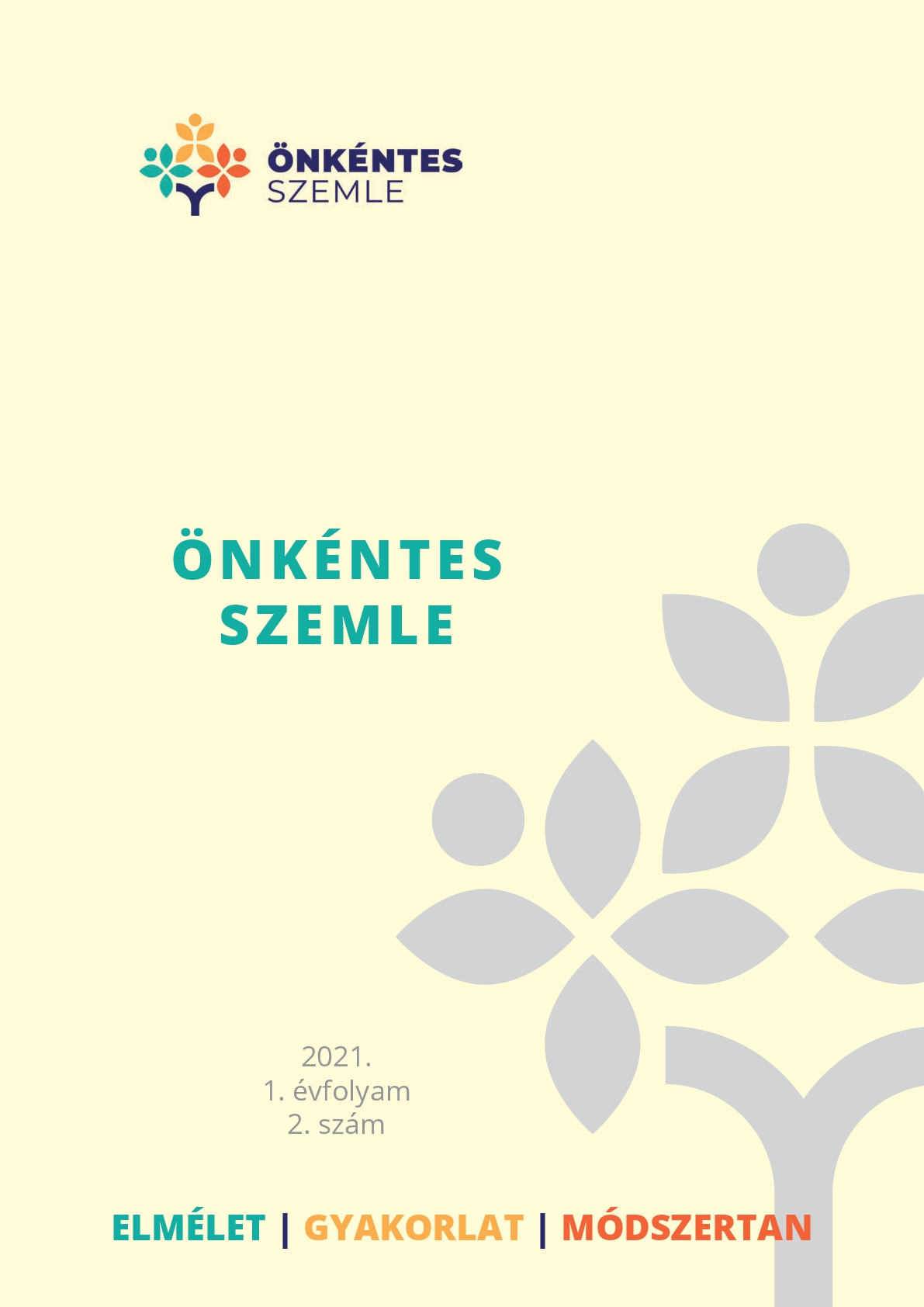Az elkötelezettek, a csalódottak, a tapasztalatszerzők és akik megpróbálták - az orvos- és egészségtudományi hallgatók COVID-19 járvány alatti önkéntességének vizsgálata
The committed, the disappointed, those who gained experienced and those who have tried - An analysis of the volunteering of Hungarian medical and health scinece students during the COVID-19 pandemic
Author(s): Anna Mária Bartal, Hajnalka Fényes, Nóra SzalóczySubject(s): Sociology
Published by: Alapítvány a Magyar Önkéntesség Fejlesztéséért
Keywords: COVID-19 pandemic;commitment to volunteering;incentives;motivations of volunteer;students of medical and health sciences
Summary/Abstract: This study examines the voluntary commitment of 395 medical and health science students in an extremely unique situation, in the three waves of the COVID-19 pandemic. Since in Hungary students' volunteering has been encouraged by various financial benefits, we focused on the relationship between their commitment to volunteering and the financial incentives. Based on an online survey, our results show that only two fifths of those questioned had volunteer work with no financial interest. We also looked at how their previous voluntary engagements and the frequency of volunteering during the pandemic had affected their motivations for doing volunteer work. Based on these aspects, we were able to identify four subgroups. The 'committed' - those who had previous volunteer experiences and who had volunteered for several periods of time during the pandemic - were characterised by strong altruistic motivations and voluntary commitment. The 'disappointed', who made up the smallest proportion of the sample, were also experienced volunteers, but showed a weak motivational base due to their negative experiences during the pandemic. Nevertheless, almost two thirds of those surveyed did voluntary work for the first time in their lives in the pandemic situation. Some of them were "experience seekers" who volunteered for several periods of time during the pandemic and were characterised by individualistic motivation and relatively low level of commitment, while the other part did volunteer work only for one period of time and were driven primarily by a desire for self-affirmation that relied on feedback from the professional environment. Our results suggest that volunteering during the Covid-19 pandemic provided the medical and health science students surveyed with a number of positive experiences and reinforcements that could bolster their future professional engagement. Even though they were not adequately prepared for the problematic relationship between patients and staff as well as the external stresses and trauma.
Journal: Önkéntes Szemle
- Issue Year: 1/2021
- Issue No: 2
- Page Range: 5-35
- Page Count: 31
- Language: Hungarian

